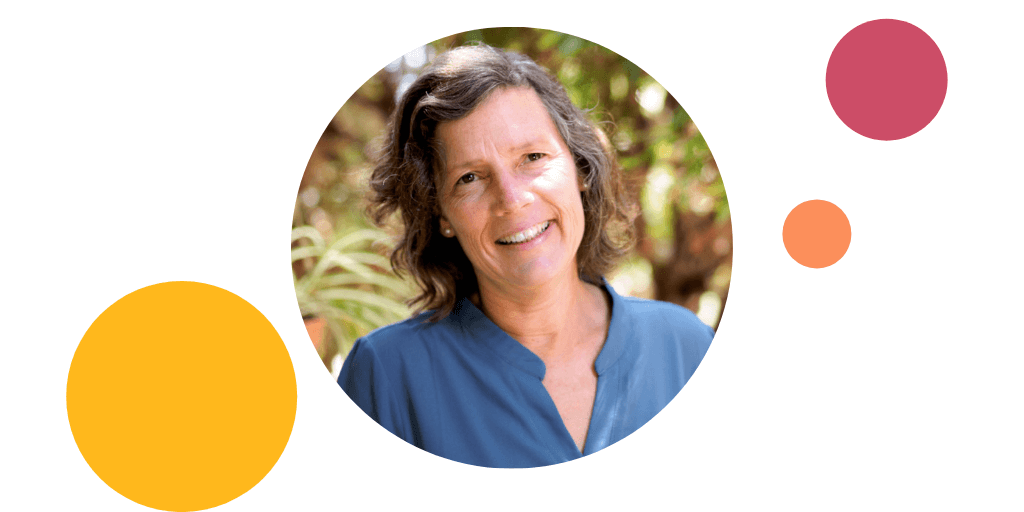
Meet the speaker: Jennifer Freyd
In the leadup to the 2019 International Speaker Tour, we asked Jennifer Freyd the following five questions, hoping to gain some insight into the people, places, and experiences that helped shape her and her professional journey.
1. What was a pivotal experience (the “spark”) that started you off in your research and/or practice:
I was already a tenured professor of psychology when I first got excited about studying betrayal and trauma. That was 1990. My research at the time was about perception and memory. In the late 1980s, there was an increasing interest in the impact of sexual abuse in childhood – something I had not learned about at all in over 10 years in the field of psychology. There were articles in the paper about individuals forgetting and then later remembering various traumatic experiences including childhood sexual abuse.
I also had not learned about this in my field even though my research included a focus on memory. While this cultural focus was occurring, the issue of memory for child sexual abuse also was a personal one for me and my family. I became fascinated by the intellectual puzzle at the same time I was trying to understand my own experiences. I read a lot written by other scholars and realised that no one had an adequate theory of why and how individuals sometimes forget significant traumas they have experienced. All this inspired me to develop betrayal trauma theory. I first published betrayal trauma theory in 1994 in an article. A book soon followed.
By then I was experiencing some backlash and that helped inspire my concept of DARVO and down the road ideas about betrayal blindness, institutional betrayal and eventually institutional courage. In each case, my inspiration includes personal experience, intellectual fascination, and a strong desire to find a way to make the world a better place. I believe if we can understand betrayal trauma, betrayal blindness, institutional betrayal, & DARVO then we can prevent these traumas and promote institutional courage and thereby help make the world better.
2. Who from your childhood would have known that you would do the sort of work you are doing? And why?
I doubt anyone would have guessed!
3. What has been the most important insight that you have derived from your work that you hope others would find interesting?
I think one important insight is that individuals are very impacted by the behavior of institutions in ways we often don’t realise. This is in part because individuals’ bond with institutions, almost like the institutions are themselves, individuals. You see this when people say they “love” their church, school, or country. People have feelings of trust for institutions. The human attachment system gets activated even though the institution cannot actually love the individual back. The thing is if you bond with an individual or an institution you may gain benefits, but you are also vulnerable to the harm of betrayal. This means institutions have a lot of power to help or harm individuals in ways that most institutional leaders don’t realise.
It is important for everyone to understand that institutions can cause harm over and above the harms that occur between individuals. But It is equally important to understand that institutions can also bring about great healing. This is why I am so determined to teach people about institutional betrayal and institutional courage. With this knowledge, we can reduce betrayal and increase courage.
4. What is one new thought or approach that you are hoping to share with attendees at your speaking tour?
I will be sharing with attendees some specific steps institutions can take to reduce institutional betrayal and increase institutional courage.
Also, I am working on a project that might be of interest to attendees – click here to view.
5. Why are you looking forward to sharing your insights to Australian audiences?
I am so excited about these workshops! I believe Australia has shown more willingness to address institutional courage and to promote institutional betrayal than have most other countries. Australia could be a model for other countries, like my own. This gives me great hope for Australia and the world although there is still a lot of work to do. I am eager to both learn from attendees about things that have worked and not worked for them and I am eager to support the positive growth in Australia toward institutional courage.
Are you interested in seeing Jennifer in Australia when she visits in May 2019? Click here to find out more!
